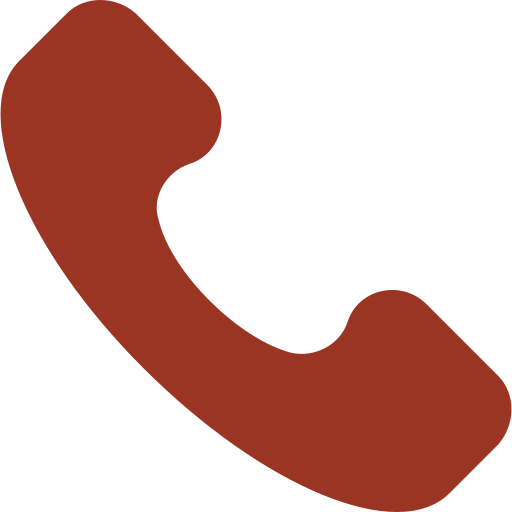Master the Art of Professional Skill Development
- Usha Pramodh

- Sep 8, 2025
- 3 min read
In today’s fast-paced world, mastering career skills enhancement is essential for anyone looking to thrive professionally. Whether you are just starting your career or aiming to climb the corporate ladder, developing the right skills can open doors to new opportunities and greater success. This blog post will guide you through practical steps and insights to help you sharpen your abilities and stay competitive in the job market.
Why Career Skills Enhancement Matters
Career skills enhancement is more than just acquiring new knowledge; it’s about adapting to changing work environments and improving your overall performance. Employers value individuals who continuously upgrade their skills because it shows commitment and readiness to tackle new challenges.
For example, learning how to use new software tools or improving communication skills can make a significant difference in your daily tasks. It also boosts your confidence and helps you stand out during performance reviews or job interviews.
Actionable tips for career skills enhancement:
Set clear learning goals based on your career aspirations.
Dedicate time each week to skill-building activities.
Seek feedback from peers and mentors to identify areas for improvement.
Use online courses, workshops, and webinars to stay updated.

Effective Strategies for Career Skills Enhancement
To truly excel, you need a structured approach to skill development. Here are some proven strategies that can help you enhance your career skills effectively:
1. Identify Your Skill Gaps
Start by assessing your current skills and comparing them with the requirements of your desired role. This will help you focus on the most relevant areas.
2. Create a Learning Plan
Develop a roadmap that outlines what skills you want to learn, how you will learn them, and by when. Break down your goals into manageable steps.
3. Leverage Technology
Use apps and platforms that offer interactive learning experiences. Tools like LinkedIn Learning, Coursera, and Udemy provide courses tailored to various industries.
4. Practice Regularly
Skills improve with practice. For example, if you want to enhance your public speaking, join a local Toastmasters club or practice in front of a mirror.
5. Network and Collaborate
Engage with professionals in your field. Networking can expose you to new ideas and opportunities for growth.

What are the 7 Major Soft Skills?
Soft skills are crucial for career success because they influence how you interact with others and handle workplace challenges. Here are the seven major soft skills you should focus on:
Communication - The ability to convey ideas clearly and listen actively.
Teamwork - Collaborating effectively with colleagues to achieve common goals.
Problem-solving - Identifying issues and finding practical solutions.
Adaptability - Being flexible and open to change in dynamic environments.
Time Management - Prioritizing tasks and managing time efficiently.
Critical Thinking - Analyzing information objectively to make informed decisions.
Emotional Intelligence - Understanding and managing your emotions and those of others.
Developing these soft skills can significantly enhance your professional relationships and productivity.
Practical ways to improve soft skills:
Participate in group projects or team activities.
Take part in workshops focused on communication and leadership.
Reflect on your daily interactions and seek ways to improve.

How to Measure Your Progress in Career Skills Enhancement
Tracking your progress is vital to stay motivated and ensure you are moving in the right direction. Here are some methods to measure your skill development:
Set Milestones: Break your learning goals into smaller milestones and celebrate when you achieve them.
Self-Assessment: Regularly evaluate your skills through quizzes, practice tests, or self-reflection.
Feedback: Ask for constructive feedback from supervisors, colleagues, or mentors.
Portfolio: Maintain a portfolio of your work, certifications, and projects that demonstrate your skills.
Performance Reviews: Use formal reviews as an opportunity to discuss your growth and areas for improvement.
By consistently monitoring your progress, you can adjust your learning plan and stay on track.
Embracing Lifelong Learning for Career Growth
The journey of career skills enhancement does not end once you reach a certain level. Lifelong learning is the key to staying relevant and competitive in any industry. Embrace a mindset that values continuous improvement and curiosity.
Consider joining professional groups, attending industry conferences, or subscribing to relevant publications. These activities keep you informed about trends and innovations.
Moreover, integrating professional skill development into your routine ensures you are always prepared for new challenges and opportunities.
Tips for lifelong learning:
Schedule regular time for reading and research.
Experiment with new tools and techniques.
Teach others what you have learned to reinforce your knowledge.
By making learning a habit, you build a strong foundation for long-term career success.
Mastering career skills enhancement is a continuous process that requires dedication, planning, and the right mindset. By following the strategies outlined above, you can develop the skills needed to excel in your professional life and achieve your goals. Start today, and watch your career soar to new heights!







Comments